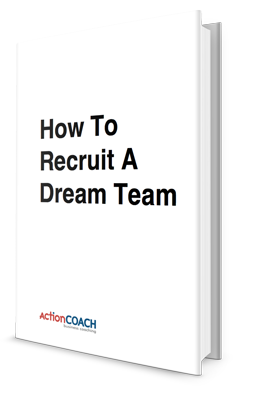What Motivates People At Work?
When thinking about motivation at work employers too often take an overly simplistic approach – “people are motivated by pay and promotions” – or they ignore the issue all together – “In this economy they should be happy to have a job at all.”
Neither of these approaches match up to what modern psychology tells about workplace motivation. By understanding what motivates people at work you can become a better manager and leader.
People approach work in one of three ways – they either see it as a job, a career or a calling.
- Job – Their work is a means of exchanging time for money. The reason they work is to pay their bills, fund their hobbies and support their families.
- Career – They see their work as a source of prestige and self-esteem. They work in order to earn promotions, develop their skills and ‘have a successful career’.
- Calling – Their work is a source of meaning. They are part of something bigger and more important than themselves. They are contributing to a noble cause and they would do their job even if they weren’t paid for it.
So the answer to the question ‘What motivates people at work?’ varies depending on how people see their work.
Your job as a leader is to help your employees move from seeing their work as merely a day job to seeing it as a career or even better as something that’s meaningful and worth doing for it’s own sake.
Is that realistic for everyone? Can a receptionist or a cleaner see their job as a calling?
A study that looked at hospital cleaners found that those who saw their work as “critical in helping patients heal” were far more likely to feel engaged in their work. They were more productive and regularly went beyond the call of duty.
Tonight spend 10 minutes having a think about which of the three categories – Job, Career or Calling – each of your employees fit into. You might be surprised by what you learn.
How to Recruit a Dream Team
In This Free Ebook + Email Course You Will Learn:
The Recruitment Process We Recommend To All Our Clients
How To Choose The Right People For Your Team
Why You Should Always Hire Slow & Fire Fast





